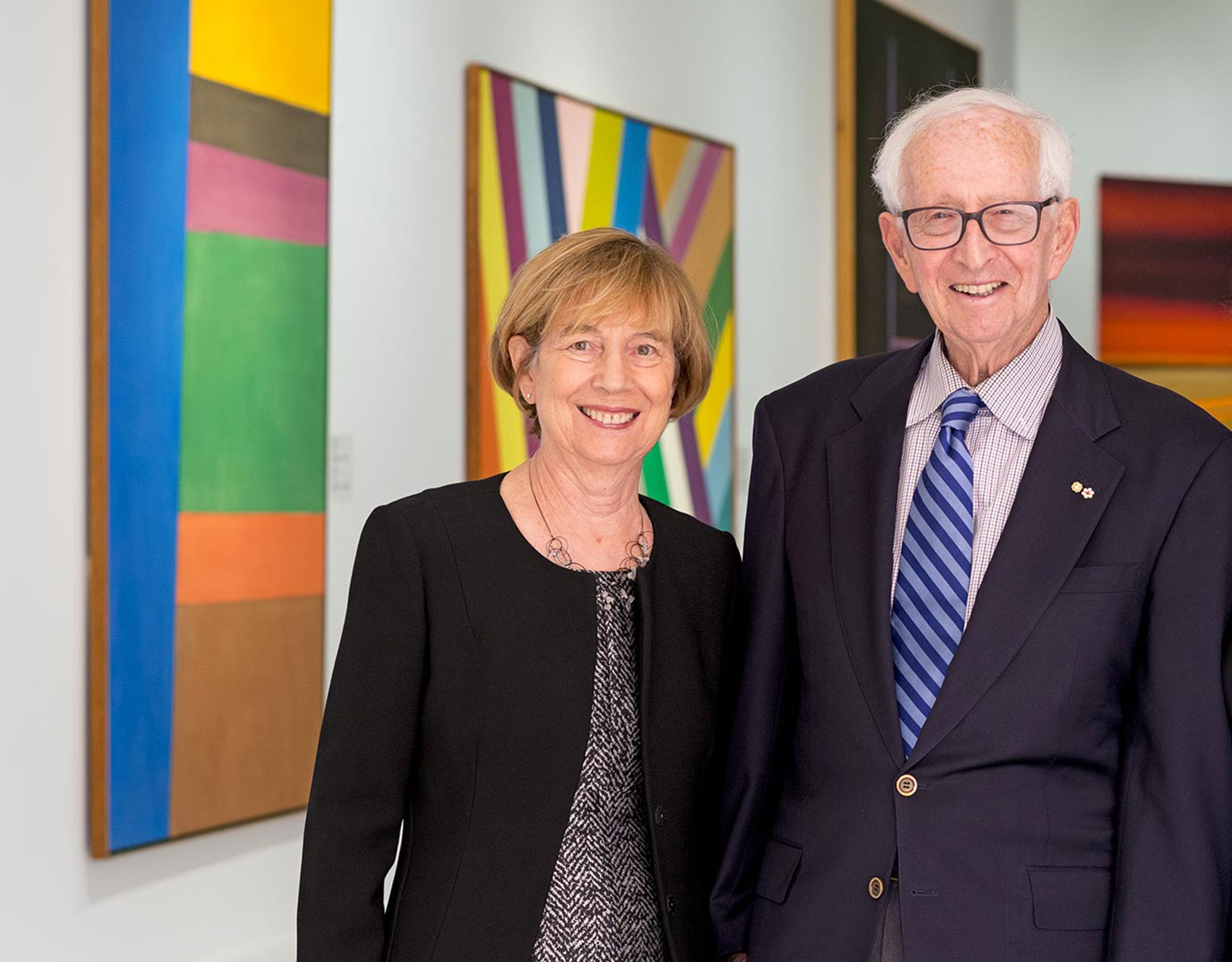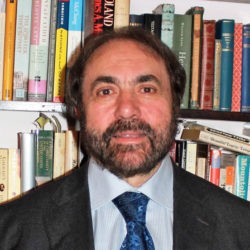Philip Cercone
Philip Cercone is the Executive Director of McGill-Queen’s University Press. He did graduate work in American Colonial history and in 1976 began working with the Humanities and Social Sciences Division of the Canada Council in charge of scholarly dissemination and principally as Director of the Awards to Scholarly Publications Program for almost ten years.
In 1985, he took up an academic appointment at McGill University coupled with being Executive Director and Editor-in-chief of McGill-Queen's University Press. He sits on the Board of Directors of the Press and Chairs its Publication Review Committee that decides which manuscripts are to be published on Scholarly grounds. As well, he is series editor of the Press's internationally distinguished "History of Ideas Series," on which some 90 books have been published since it was established in 1985. Since his employment at the Press, he has published over 3,000 books by Canadian authors. During his 35-year tenure, the Press is now recognized as among the ten best North American University presses, the leading scholarly press in Canada, and the largest Canadian owned trade publisher in number of books published yearly.
He has been on the Board of Directors of many not-for-profit organizations in Canada and US and has been involved in peer-review panels on the funding of journals and trade books at both the Canada Council and Social Sciences and Humanities Research Council. He has been president of the following organizations: Association of American University Presses; Association of Canadian Publishers (three times); President of the Association for the Export of Canadian Books, now called Livres Canada Books (6 times); Association of Canadian University Presses; Association of Quebec University Presses (twice); Association of English Language Publishers of Quebec. He was one of the founders of eBOUND Canada on whose Board he sat during the organization’s first 4 years. He has also been President of the Italian-Canadian Professional and Businessmen Association of Canada.
For his dedication and contribution to the publishing industry in Canada, he received the Association of Canadian Publishers’ President Award for “leadership through volunteer service to the publishing industry and to ACP.” As president of ACP, in 1992 he spearheaded the creation of the Canada Book Fund at the Department of Heritage Canada, which is still in place. In 2018, he became part of a think tank, which co-authored the highly regarded and influential More Canada Report: increasing Canadians’ Awareness and Reading of Canadian Books (168 pages). He remains a director of the Canadian Forum Foundation, and The More Canada three-person steering Committee. Currently he is also vice-President of the Association of Canadian University Presses and his term on the Board of Livres Canada Books, representing the ACP, has been renewed for a further three years.








